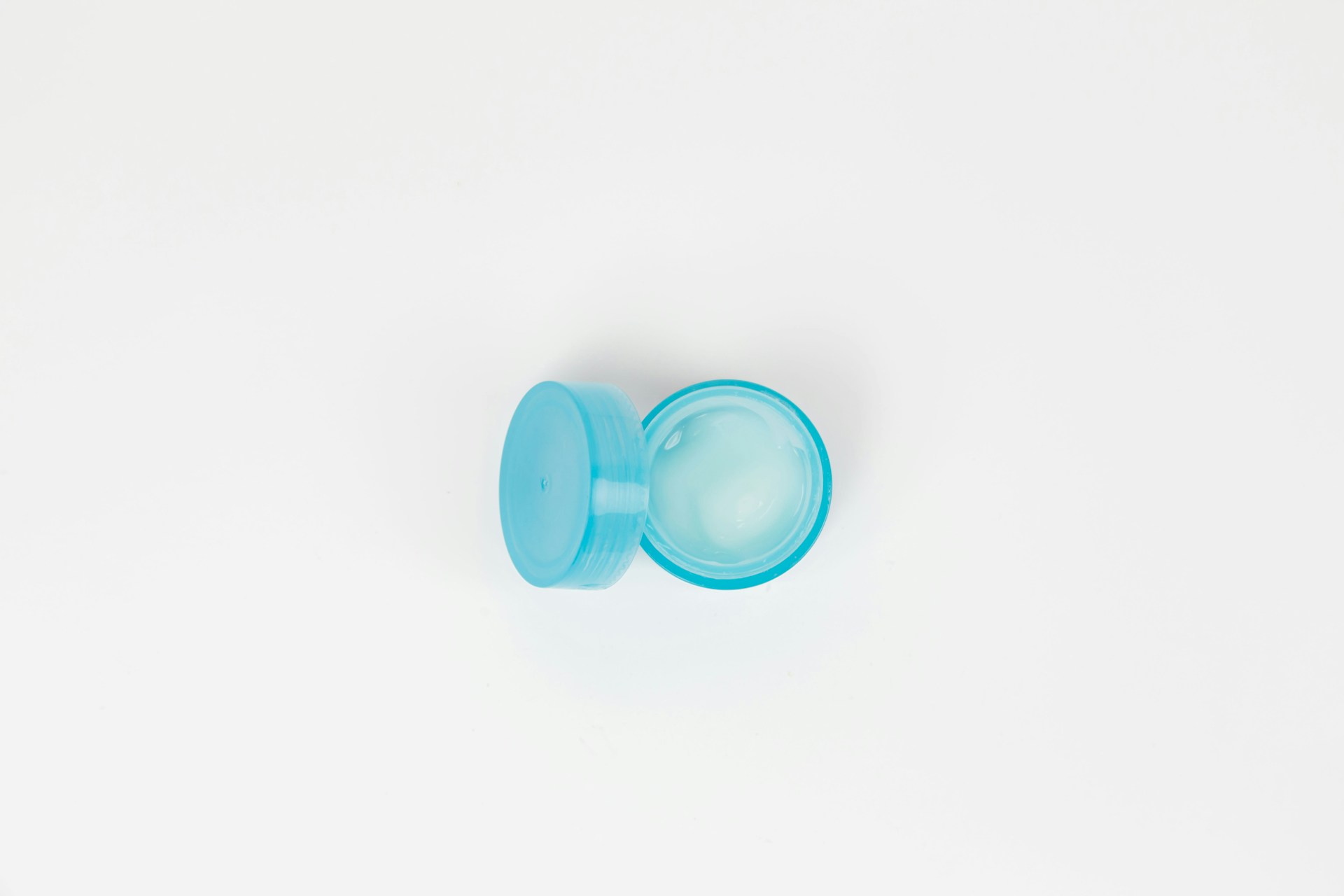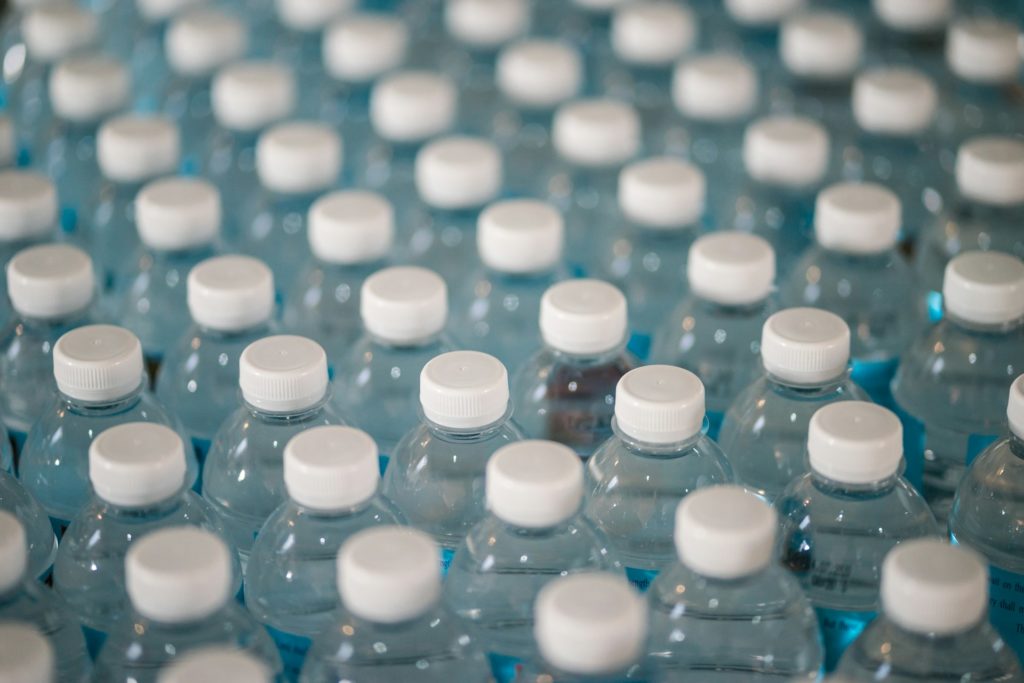Different Types of Plastic Pipe Caps and Their Uses
Plastic pipe caps play a vital role in protecting pipe ends during transportation, preventing damage, and sealing off pipes during construction among other applications. These small but essential components can be found across a multitude of industries, from plumbing to petrochemical plants. With a varied market catering to specific needs, it’s important to understand which […] The post Different Types of Plastic Pipe Caps and Their Uses appeared first on Entrepreneurship Life.


Plastic pipe caps play a vital role in protecting pipe ends during transportation, preventing damage, and sealing off pipes during construction among other applications. These small but essential components can be found across a multitude of industries, from plumbing to petrochemical plants. With a varied market catering to specific needs, it’s important to understand which type of plastic pipe cap is right for your project. Below, we delve into the different kinds and their unique benefits, ensuring you make an informed choice. Keep reading to explore the world of plastic pipe caps.
Understanding the Essential Role of Plastic Pipe Caps in Various Industries
Plastic pipe caps play a vital role in safeguarding pipe systems across various sectors. In industries like oil and gas, they prevent contamination, preserving pipeline integrity and averting corrosion or blockage. Similarly, in water supply systems, they ensure hygiene and safety by keeping out contaminants. During transportation and handling, these caps shield pipes from physical damage, especially in agriculture where they prevent clogging by insects and vermin in irrigation systems, reducing maintenance needs.
Plastic pipe caps aid compliance with regulations, safeguarding health and safety standards across industries. They are essential in healthcare facilities, manufacturing plants, and construction sites, where they not only uphold safety guidelines but also facilitate pressure testing during system evaluation phases. Their multifaceted utility ensures the smooth operation and longevity of pipe networks while adhering to stringent industry requirements.
Exploring the Durability and Flexibility of PVC Pipe Caps
PVC pipe caps are renowned for their exceptional versatility and durability, making them a top choice in various applications. Crafted from flexible plastic, these caps effortlessly accommodate different pipe diameters and irregular shapes, providing resilience against outdoor elements.
Their affordability makes them a cost-effective solution for large-scale projects, while their resistance to chemicals and rust ensures a longer lifespan compared to metal caps. Easy installation, requiring no additional tools or adhesives, further enhances their appeal, particularly in fast-paced industries like construction.
PVC caps’ non-toxic nature aligns with sustainable practices, offering an eco-friendly option for projects. In essence, PVC pipe caps combine durability, affordability, and environmental friendliness, making them an ideal choice for diverse applications.
HDPE Pipe Caps: Combining Strength with Chemical Resistance
HDPE pipe caps are renowned for their exceptional strength and durability, making them ideal for demanding applications where high impact or abrasion resistance is crucial. They excel in industries such as mining and gas distribution, where extreme conditions are common.
One key advantage of HDPE caps is their chemical resistance, ensuring longevity and functionality even in harsh environments found in chemical plants and wastewater treatment facilities.
HDPE caps maintain their properties in cold climates, preventing material brittleness and failures in pipelines located in colder regions. Their versatility allows for customization to meet specific project requirements, making them suitable for a wide range of pipeline systems.
The Advantage of Polypropylene Pipe Caps for Thermal Stability
Polypropylene pipe caps are preferred for their exceptional thermal stability and durability, making them a top choice for various industries. These caps excel in high-temperature environments without compromising their shape or strength, crucial for applications like automotive exhaust systems.
Their outstanding fatigue resistance allows them to endure frequent heating and cooling cycles, reducing the need for constant maintenance. This resilience also extends to their resistance against acids and solvents, making them safe for laboratory use and other environments handling volatile substances.
Polypropylene caps are available in food-grade options, meeting strict industry standards for safety and ensuring they can be used without risk of contamination in the food and beverage sector.
The Impact of Custom Plastic Pipe Cap Designs on Specialized Applications
Custom plastic pipe caps are indispensable for addressing the unique requirements of various applications. Their customization ensures a perfect fit, crucial for systems with non-standard dimensions or intricate designs.
Industries with specialized machinery often rely on these tailored solutions, which can include features such as venting capabilities or reinforced structures, to meet specific needs. In the medical sector, custom caps play a vital role in maintaining sterile environments while accommodating precise measurements.
Similarly, in electronic and aerospace industries, where precision is paramount, custom caps shield delicate components from environmental hazards, undergoing meticulous engineering for robust protection and seamless integration.
Overall, the choice of the right plastic pipe cap is crucial across industries, ensuring the safety, integrity, and functionality of pipe systems. From PVC to HDPE, options abound, offering customization benefits. These caps play a vital role in ensuring longevity and efficiency, serving as unsung heroes in industrial settings by providing protection and stability behind the scenes.
The post Different Types of Plastic Pipe Caps and Their Uses appeared first on Entrepreneurship Life.














